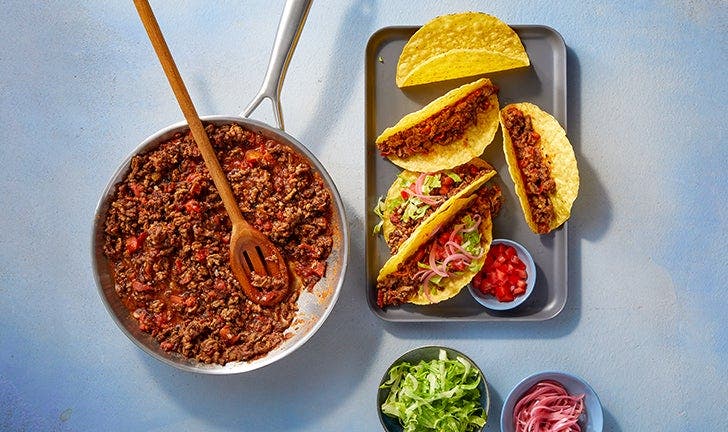Heartburn 101


Do you sometimes get heartburn, but aren’t sure exactly what foods are causing it? Let’s take a look at common heartburn culprits, plus some foods that can help prevent heartburn altogether.
What is it?
So, what exactly is heartburn in the first place? According to the Mayo Clinic, “Heartburn is a burning pain in your chest, just behind your breastbone. The pain is often worse after eating, in the evening, or when lying down or bending over.” Symptoms include a burning pain in the chest that usually occurs after eating and may occur at night, pain that worsens when lying down or bending over, and a bitter or acidic taste in the mouth.
While we don’t want to alarm you, it’s important to note that chest pain must always be taken seriously, as it can be a symptom of other conditions, including a heart attack. As the Mayo Clinic advises, “Seek help right away if you have severe chest pain or pressure, especially when combined with pain in the arm or jaw or difficulty breathing.”
Foods that cause heartburn
A Harvard Health article notes that heartburn is often caused by gastroesophageal reflux disease (GERD).
“It occurs when stomach acid backs up into the esophagus, the tube connecting the mouth and stomach, usually because the ring-like muscles that prevent backflow stop working properly.”
Certain foods can also trigger or intensify heartburn, including:
- Spicy foods
- Citrus
- Tomato sauces
- Vinegar
- Fatty foods
- Fried foods
- Chocolate
- Caffeine
- Onions
- Peppermint
- Carbonated drinks
- Alcohol
Foods that combat heartburn
While of course avoiding the above trigger foods can help prevent heartburn, there are also some foods you can eat that work against it.
As Johns Hopkins advises, eating foods from these three categories can help:
- High-fibre foods – think things like oatmeal, brown rice, sweet potatoes, asparagus, carrots, beets and broccoli.
- Alkaline foods – think bananas, melons, nuts, cauliflower and fennel.
- Watery foods – look for celery, cucumber, lettuce, watermelon, brothy soups and herbal tea.
We hope these tips help you manage your heartburn, but as the Mayo Clinic advises, if your heartburn is occurring more than twice a week, book an appointment with your doctor.
